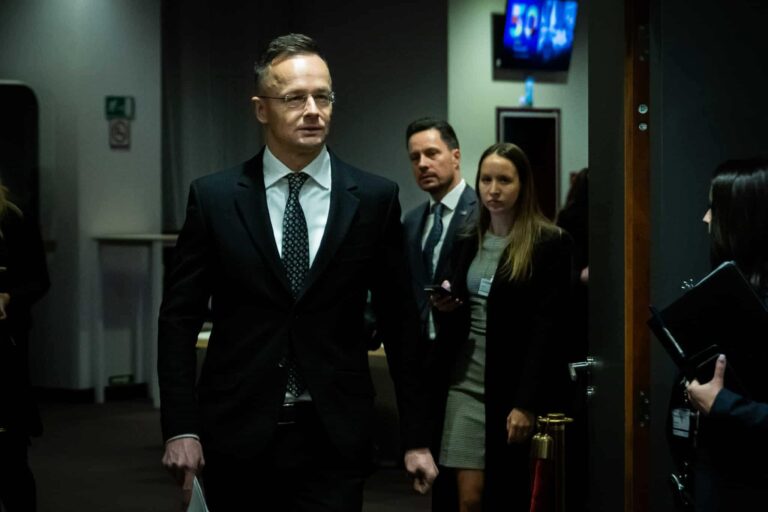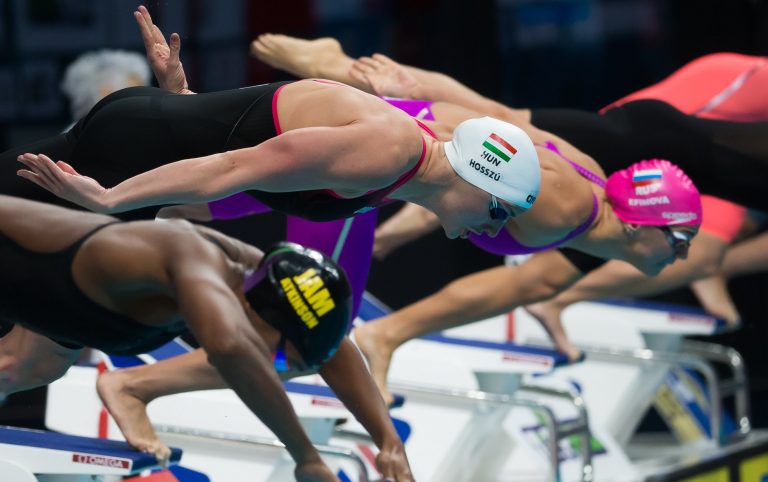Foreign Affairs Ministry of Hungary
FM Szijjártó believes that the Biden administration hinders the Paks NPP expansion

According to Hungarian FM Szijjártó, the President of Ukraine launched an “ugly campaign” of provocation

Orbán cabinet: US investors queue up amid improving relations
Hungarian EU Presidency makes milestone progress on enlargement for Serbia, Montenegro, and Albania
New survey: How much do Hungarians trust Trump to end the Russia–Ukraine war?
Hungarian foreign minister lambasts EU ‘hypocrisy’ on Georgia




